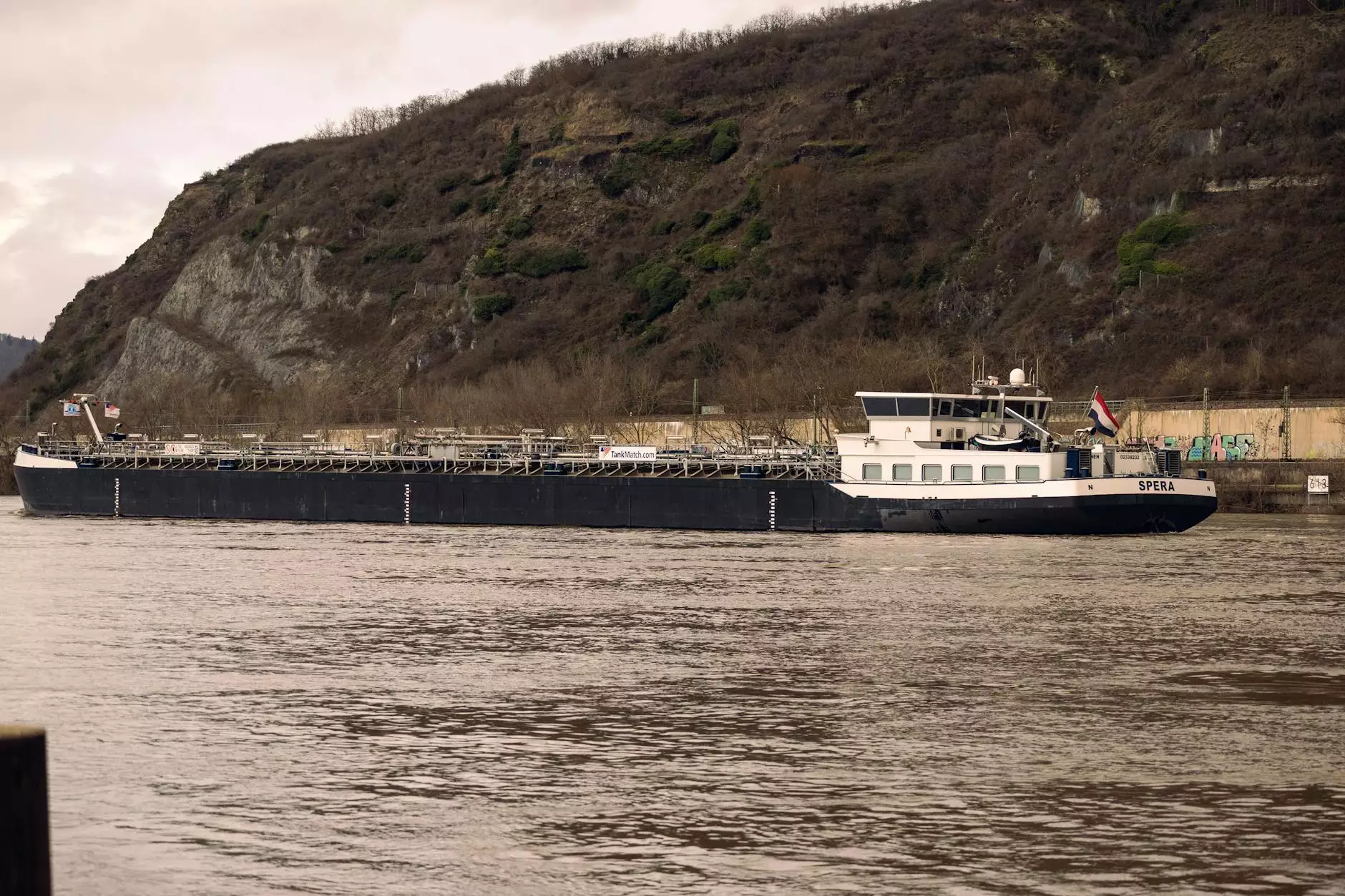The Air Cargo Business: Unveiling the Cost per Kilogram

In the bustling world of Shipping Centers, Transportation, and Airports, the air cargo cost per kg plays a pivotal role in determining the efficiency and profitability of businesses. Understanding the dynamics of air cargo rates is essential for companies looking to streamline their operations and stay competitive in the ever-evolving business landscape.
The Significance of Air Cargo Cost per kg
When it comes to transporting goods via air freight, the cost per kilogram is a critical factor that influences the overall expense involved in the shipping process. Businesses must carefully analyze and optimize this cost to ensure that their operations remain financially sustainable and cost-effective. Factors such as fuel prices, route distance, handling fees, and demand-supply dynamics contribute to the fluctuations in air cargo rates per kg.
Key Determinants of Air Cargo Pricing
The pricing structure in the air cargo industry is complex and influenced by various factors. Let's delve into some of the key determinants that shape the air cargo cost per kg:
- Fuel Prices: Fluctuations in fuel costs can have a significant impact on air cargo rates, as fuel expenses constitute a substantial portion of the overall operating costs for airlines.
- Route Distance: The distance between the origin and destination airports plays a crucial role in determining the cost per kilogram, with longer routes generally leading to higher prices.
- Handling Fees: Charges associated with handling, storage, and processing of cargo at airports contribute to the overall cost per kilogram.
Strategies to Optimize Air Cargo Costs
For businesses operating in the shipping industry, optimizing air cargo costs per kg is vital for maintaining a competitive edge in the market. Here are some strategies that companies can employ to effectively manage their transportation expenses:
- Consolidation: By consolidating shipments and maximizing load capacity, businesses can reduce the cost per kilogram and achieve economies of scale.
- Route Planning: Efficient route planning and optimization can help minimize fuel consumption and lower air cargo rates.
- Negotiation: Engaging in strategic negotiations with airlines and service providers can lead to lower pricing and improved cost efficiencies.
Conclusion
As businesses in the Shipping Centers, Transportation, and Airports sectors navigate the complexities of the air cargo industry, understanding and managing the cost per kilogram is essential for achieving operational excellence and financial sustainability. By employing effective cost optimization strategies and staying informed about market trends, companies can successfully navigate the dynamic landscape of air freight transportation.



